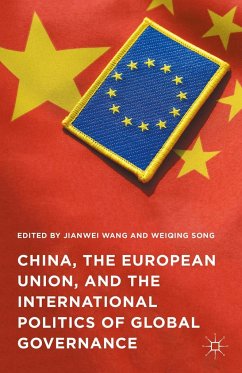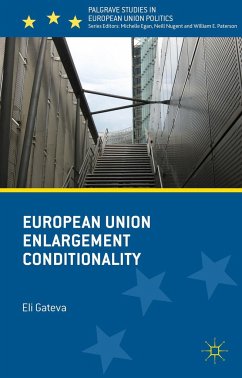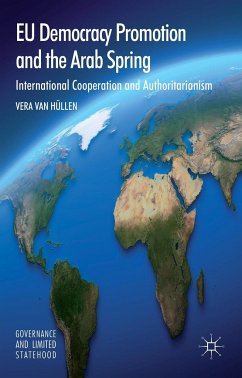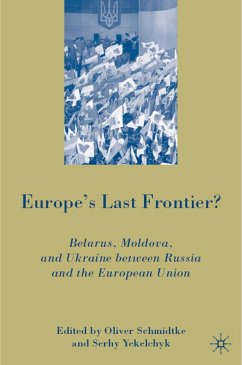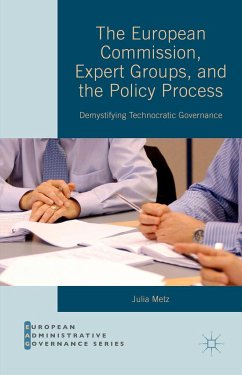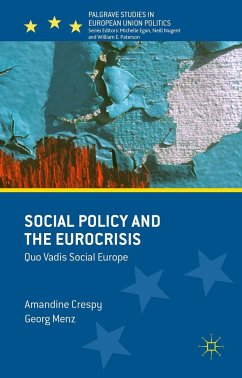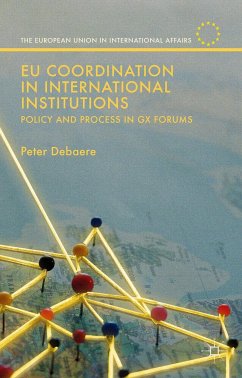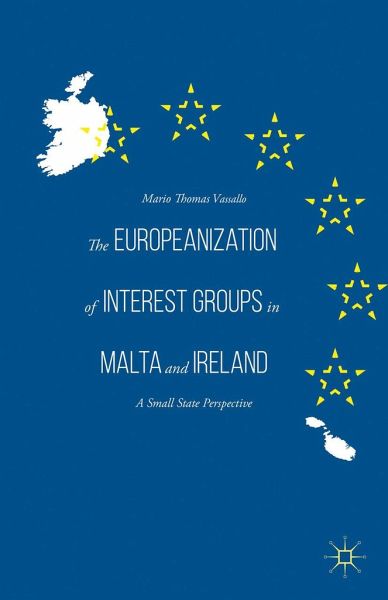
The Europeanization of Interest Groups in Malta and Ireland
A Small State Perspective

PAYBACK Punkte
19 °P sammeln!
This comparative work examines the political and social context of interest groups in Malta and Ireland, two small island states at the periphery of an integrated continent. The author explores the impact of the European Union on their civil society's organizations and their gradual transformation at differing speeds and logics of Europeanization.






